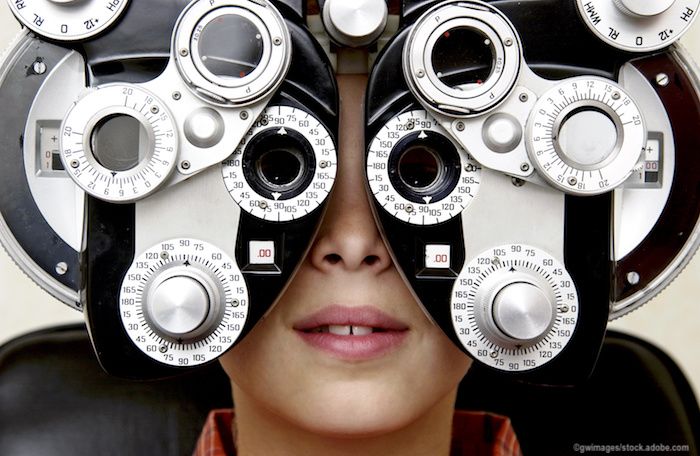Article
Livin’ in the real world
Author(s):
Real-world outcomes often throw curveball at clinical trial data

New FDA Commissioner Scott Gottlieb, MD, has made a number of changes that have been widely recognized as being positive. One innovation that I think most people believe moves us in the right direction is the use of “real-world outcomes” to look at the results of our therapies and develop data regarding the efficacy and associated adverse events after a therapy has reached the market.
Real-world data (RWD) and real-world evidence (RWE), according to the FDA, “can better inform regulatory decisions. Because they include data covering the experience of physicians and patients with the actual use of new treatments in practice, and not just in research studies, the collective evaluation of these data sources has the potential to inform clinical decision making by patients and providers, develop new hypotheses for further testing of new products to drive continued innovation and inform us about the performance of medical products.”
RWD and RWE make the FDA’s job of post market evaluation of safety timelier and more effective, giving answers sooner at a fraction of the cost of traditional post-market studies.
Why emphasis on ‘real world’?
If you have ever been involved in formal, randomized, controlled trials, you know that patients are carefully selected, with a typically lengthy list of inclusion criteria (patients must have all these things) and an equally long list of exclusion criteria (including comorbidities) that might make it more difficult to interpret the effect of the therapy being tested.
Study coordinators cheerfully, but persistently, contact patients to make sure they take their medications (or placebo) exactly as directed and return as scheduled for follow-up and testing. In the real world, we rely on patients to remember to take their pills as prescribed and there is no study coordinator to watch over their shoulders.
In the real world, patients who don’t have a ride to the doctor’s office miss their appointment and treatment window, whereas in the artificial world of trials a car might be dispatched to pick up patients, deliver them to the doctor, and return them home after testing and/or follow-up treatment.
Does this real-world stuff make a difference? We have data to say the answer to this question is a definite “yes-and more than you might think.” In a recent study, the results of treating more than 15,000 eyes of patients with diabetic macular edema with anti-VEGF agents by retina specialists in the real world was compared with the published results of randomized controlled trials for the same condition.
Overall, after a year of treatment, real-world patients experienced less than half of the benefit from the “scientific trials”-eyes initiated on aflibercept, bevacizumab, and ranibizumab gained 5.5, 5.5, and 4.0 letters, respectively, compared with the published gains of 13.3, 9.7, and 11.2 letters.
Real-world patients who started out with 20/40 or better, lost 2.5, 2.0, and 2.7 letters over a 12-month period, compared with gains of 7.4, 6.0, and 6.1 letters with the same three drugs in published papers.
The inescapable conclusion seems to be there are therapies that might work nicely in the rarified world of trials only to prove much less effective -or actually detrimental-in the real world of our offices/operating rooms.
The FDA is wise to look at real-world evidence, and we physicians should share that information with patients when discussing risks/benefits of therapies, rather than relying solely on published results from the unreal world of clinical trials.
Disclosures:
Peter J. McDonnell, MD
E: pmcdonn1@jhmi.edu; P: 443/287-1511
Dr. McDonnell is the director of the Wilmer Eye Institute, Johns Hopkins University School of Medicine, Baltimore, and chief medical editor of Ophthalmology Times.
References:
1. https://www.fda.gov/NewsEvents/Newsroom/ PressAnnouncements/ucm627760.htm
2. https://www.ophthalmologyretina.org/article/S2468- 6530(18)30265-3/fulltext




